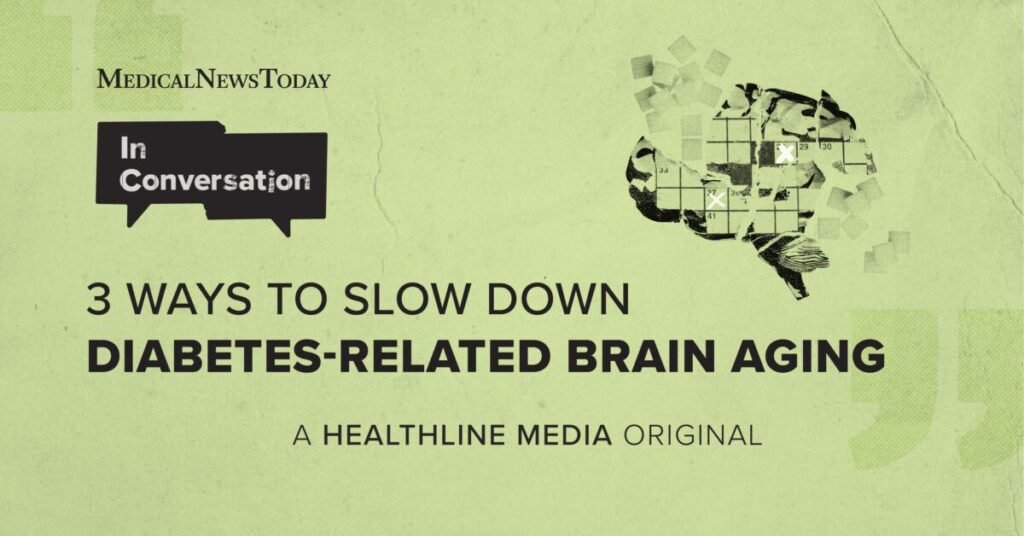Type 2 diabetes is a chronic health condition that affects over 95% of individuals with diabetes worldwide. It can lead to numerous complications in various organ systems in the body, including the heart, eyes, kidneys, and even the brain. Research has shown that type 2 diabetes can have negative effects on cognitive health, leading to cognitive decline, memory loss, and an increased risk of dementia and Alzheimer’s disease. In a podcast episode, researchers discuss lifestyle interventions that could help slow diabetes-related cognitive decline and prevent or delay the onset of type 2 diabetes.
Studies have shown that type 2 diabetes can lead to cognitive decline and faster brain aging, increasing the risk of Alzheimer’s disease. The brain is negatively affected by diabetes through a multitude of mechanisms. However, lifestyle changes such as diet and exercise can help prevent or delay the onset of type 2 diabetes. By making healthy lifestyle choices, individuals can reduce the risk of developing cognitive decline and other complications associated with diabetes.
According to global projections, the number of individuals diagnosed with diabetes is expected to increase significantly in the coming years. By 2045, it is estimated that 783 million people will be diagnosed with diabetes worldwide. The prevalence of type 2 diabetes is a growing concern, as it can lead to serious complications and negatively impact multiple organ systems in the body.
Research has found that type 2 diabetes can have a significant impact on cognitive health, leading to memory loss, cognitive decline, and an increased risk of dementia. In order to prevent or delay the onset of type 2 diabetes, lifestyle interventions such as diet and exercise are recommended. Making healthy choices can help individuals reduce the risk of cognitive decline and other complications associated with diabetes.
In a podcast episode, researchers discussed findings from two recent studies that offer insights into possible ways to slow diabetes-induced brain aging. Thomas Barber, MD, an associate professor at the University of Warwick in the United Kingdom and honorary consultant endocrinologist, shared his expertise on the topic. By exploring the relationship between type 2 diabetes and accelerated brain aging, researchers aim to find strategies to offset the negative effects of diabetes on cognitive health.
By raising awareness about the impact of type 2 diabetes on cognitive health and discussing potential interventions, researchers hope to empower individuals to take control of their health and make positive lifestyle changes. Through education and support, individuals can adopt healthier habits that can help prevent or delay the onset of type 2 diabetes and reduce the risk of cognitive decline and other complications associated with the condition. In the podcast episode, experts provide valuable insights and information to help individuals understand the relationship between type 2 diabetes and cognitive health and make informed decisions about their health and well-being.











